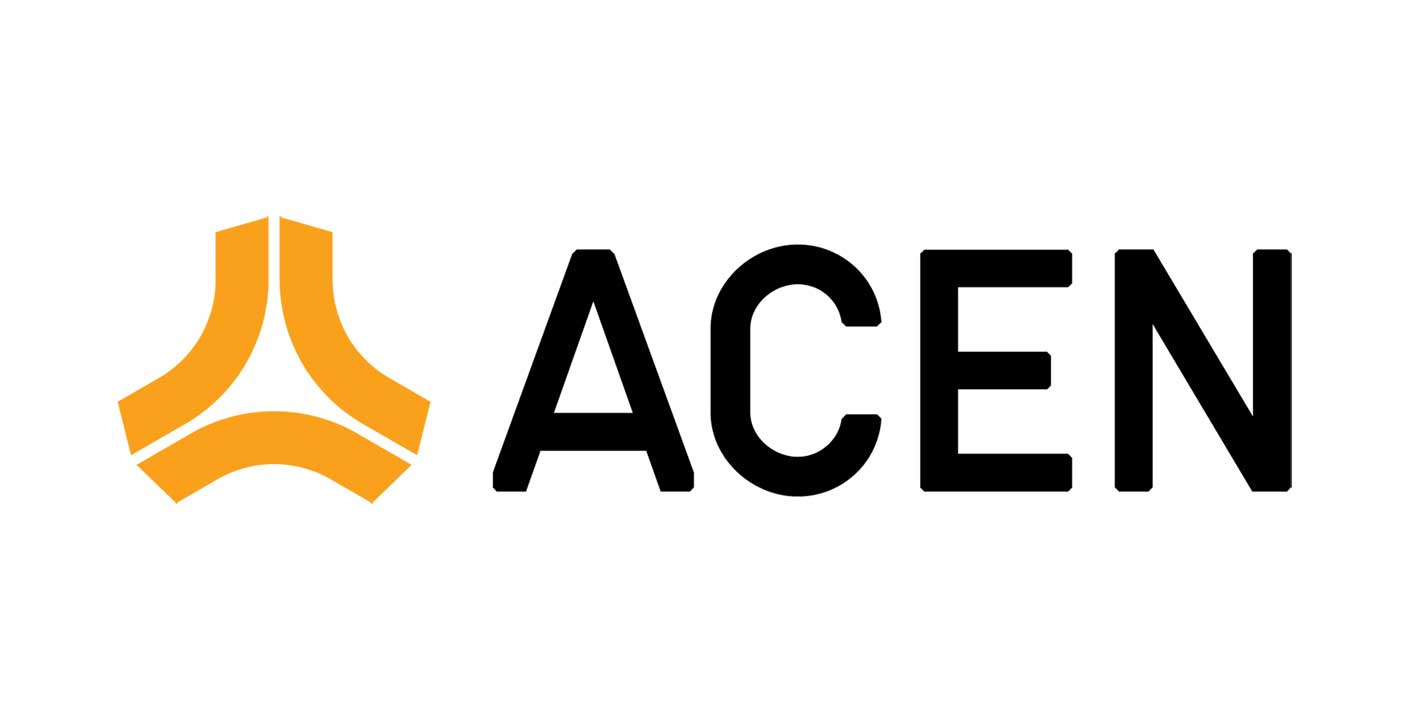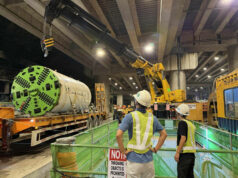
AC ENERGY Corp. (ACEN) reported a 68% decline in first-quarter consolidated net income to P405 million due to higher costs of purchased power from the spot market after the preventive maintenance outage of a power plant.
“The company faced significant headwinds in the first quarter from the impact of natural disasters, extended plant outages, and elevated spot purchases,” ACEN Chief Finance Officer and Treasurer Maria Corazon G. Dizon said in a media release on Wednesday.
During the quarter, consolidated revenues rose by 29% to P7.4 billion, driven by new operating capacity, including two solar farms each in the Philippines and in India, and several wind farms in Vietnam.
Aside from the maintenance of South Luzon Thermal Energy Corp.’s (SLTEC) power plant, revenues were hit by the curtailed output of the company’s facilities in the Visayas because of a transmission line damage from Typhoon Odette and a previous damage to a subsea cable.
“However, we expect these issues to be resolved in the short to medium term, with the full rehabilitation of transmission lines damaged by [the typhoon], and supported by new operating capacity coming online in the next few months,” Ms. Dizon said.
ACEN said to date, most transmission and distribution lines had been restored, but curtailment is still expected for the 80-megawatt (MW) Islasol solar farm until yearend because of the subsea cable’s reconstruction.
“The company also incurred a one-time buyout expense related to a customer contract. Without the impact of these events, the company’s net income would have reached approximately P1.6 billion during the period, for a growth of 23% year on year,” the Ayala-led energy platform added.
Publicly listed ACEN said that although attributable output expanded by 4% to 1,161 gigawatt-hours, this was offset by the effects of the SLTEC outage and the output curtailment in the Visayas.
Meanwhile, international assets’ output rose by 62% to soften the impact of the decline in the Philippines.
Renewable energy (RE) contribution increased by 52%, bringing its share to 76% of total energy production.
“To help achieve its capacity expansion targets and return to a robust growth trajectory, ACEN recently entered into new partnerships,” the company said.
In March, it set up a joint venture with CleanTech Renewable Energy 4 Corp. to start building a 133-MW solar farm and transmission line in Lal-lo, Cagayan province.
A month later, ACEN and Germany-based ib vogt agreed to create a 1,000-MW solar asset platform in Asia.
In late April, ACEN partnered with US-based firms Pivot Power Management and UPC Solar & Wind Investments LLC “to pursue opportunities to acquire operating wind projects in the US and to explore strategies for extending their useful life through preventative maintenance and repowering.”
ACEN President and Chief Executive Officer Eric T. Francia said recent global events had shed light on the importance of energy security and had hastened energy transition worldwide.
“The recent conflict in Ukraine and supply chain disruptions have led to soaring prices of commodities and fossil fuels, highlighting the need for more indigenous and sustainable energy sources. ACEN’s aggressive RE portfolio expansion and geographical diversification allow us to capitalize on these developments in the long run,” Mr. Francia said.
ACEN, which aims to be the largest listed renewables platform in Southeast Asia, has around 3,800 MW attributable capacity in the Philippines, Vietnam, Indonesia, India, and Australia.
Of the figure, about 3,300 MW, or nearly 90%, is renewable. The company aims to install 5,000 MW of RE capacity by 2025.
At the stock exchange, shares in ACEN declined by 3.89% or 28 centavos to close at P6.92 each. — VVS



